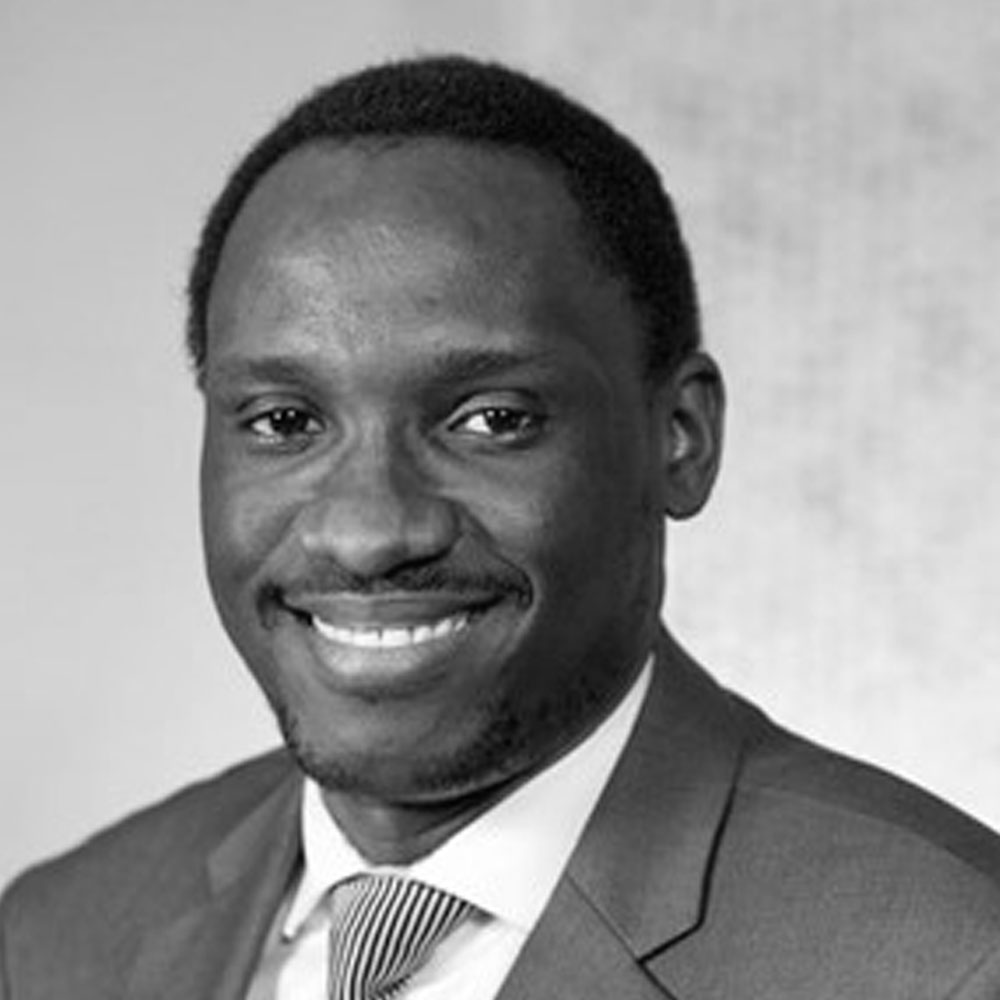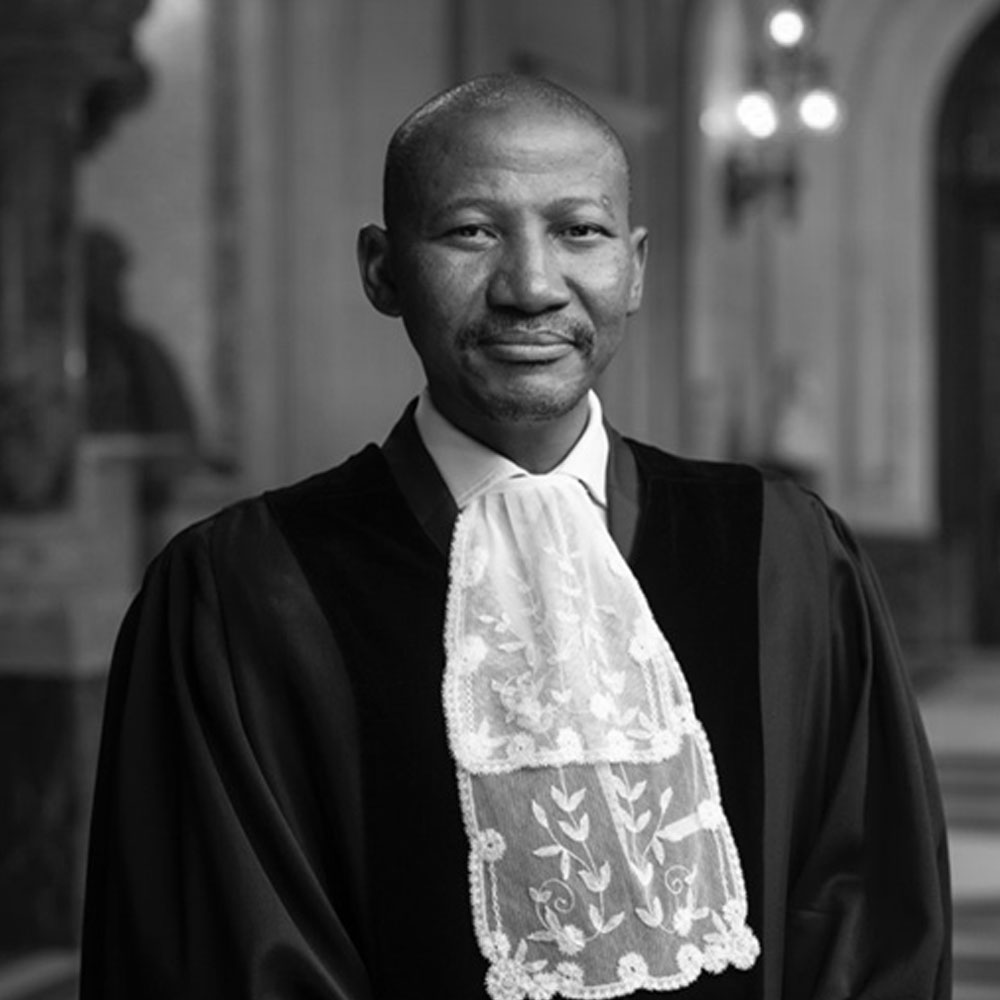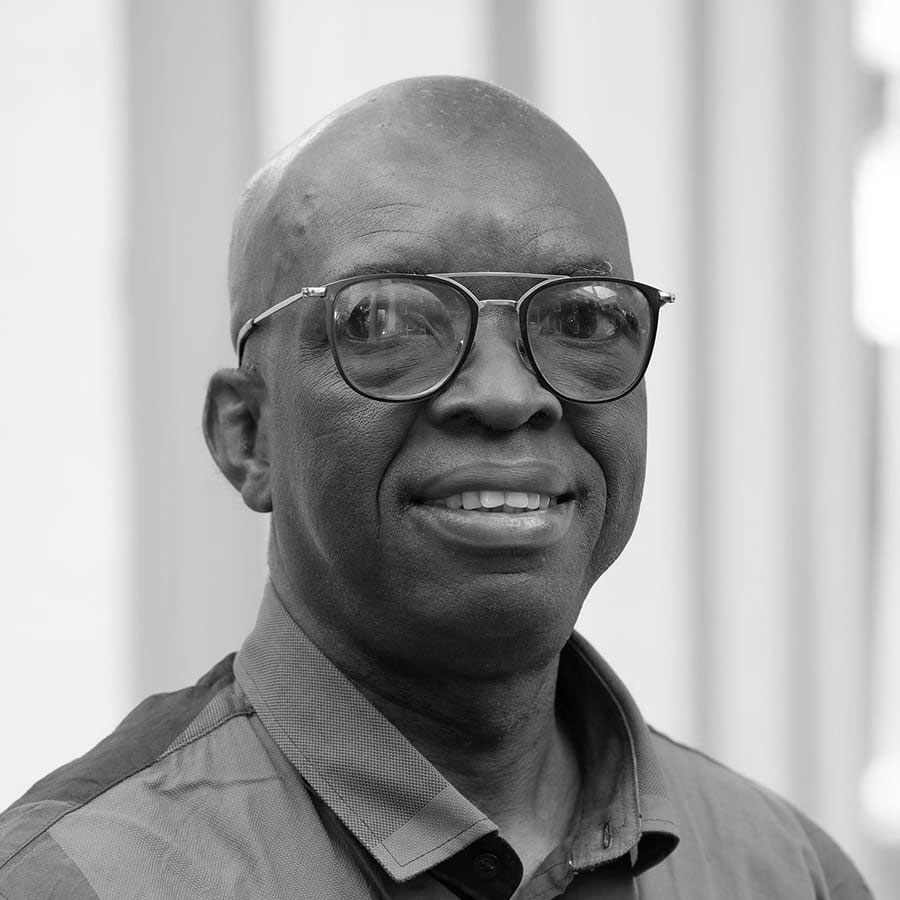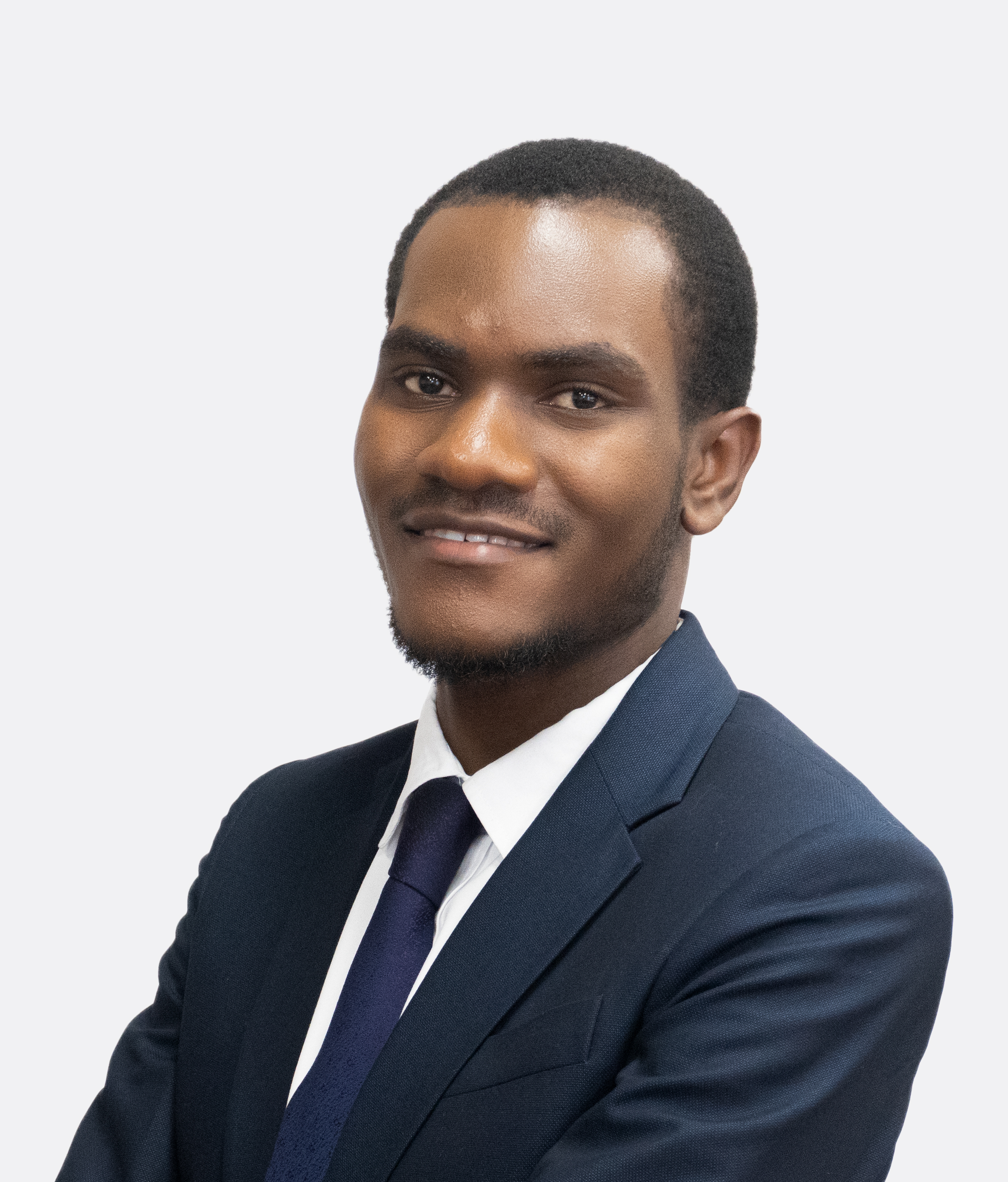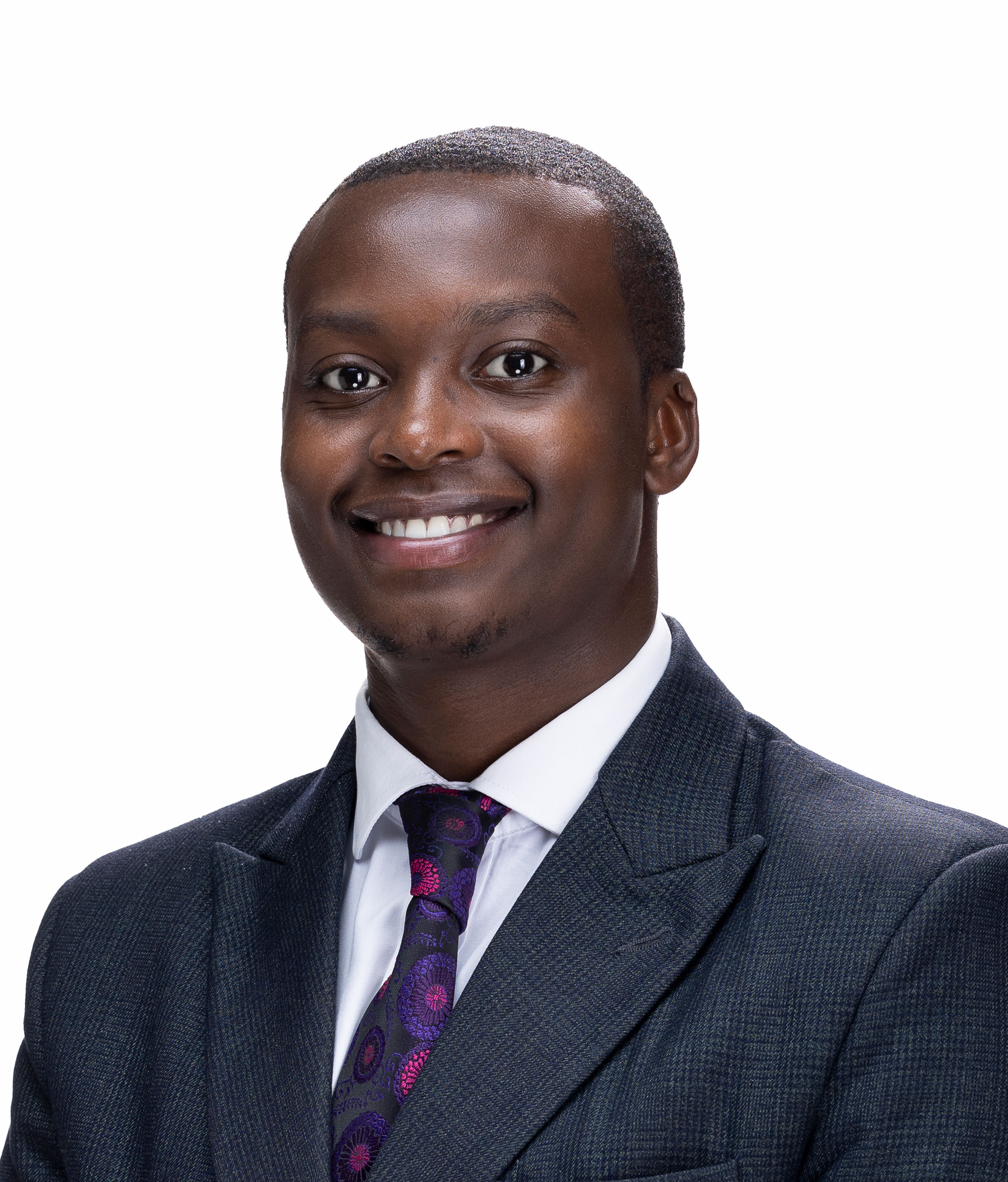(Pretoria, South Africa)
(St Louis & Dakar, Senegal)
(Accra, Ghana)
(Accra, Ghana)
(Yaoundé, Cameroon)
Cameroon 2003
Membership is for individuals who have participated since the first edition in 1992 . No matter what university you were part of, what year you participated in or where you are in the world now, the Chistof Heyns African Human Rights Moot Court Competition remains part of you.
Alumni Coordinators
Privacy Statement
At the Centre for Human Rights we value your privacy and are committed to protecting your personal data. Any personal information collected will be stored securely and used solely for Moot-related marketing purposes. We do not sell, share, or distribute your data to third parties without your consent. Your information will only be used to keep you informed about Moot events, promotions, and updates relevant to your interests. We implement strict security measures to safeguard your data from unauthorized access or misuse. If you wish to update your preferences or opt out of receiving communications from us, you may do so at any time by contacting simphiwe.khumalo@up.ac.za By providing your information, you agree to this policy and our commitment to handling your data responsibly.
A adesão é reservada a pessoas que tenham participado do Concurso desde a primeira edição em 1992. Independentemente da Universidade que pertencia, o ano de participação ou o lugar no mundo em que hoje se encontra, o Concursos Africano de Julgamento Fictício sobre Direitos Humanos Christof Heyns continua parte de si.
Coordenadores de ex-alunos
Declaração de privacidade
No Centro pelos Direitos de Hunan, valorizamos a sua privacidade e estamos empenhados em proteger os seus dados pessoais. Todas as informações pessoais coletadas serão armazenadas de forma segura e usadas apenas para fins de marketing relacionados ao Moot. Não vendemos, partilhamos ou distribuímos os seus dados a terceiros sem o seu consentimento. Suas informações serão usadas apenas para mantê-lo informado sobre eventos, promoções e atualizações da Moot relevantes aos seus interesses. Implementamos medidas de segurança rigorosas para proteger os seus dados contra acesso não autorizado ou uso indevido. Se desejar atualizar suas preferências ou optar por não receber nossas comunicações, você pode fazê-lo a qualquer momento entrando em contato com simphiwe.khumalo@up.ac.za. Ao fornecer suas informações, você concorda com esta política e com nosso compromisso de processamento seus dados com responsabilidade.
L'adhésion est réservée aux personnes qui ont participé depuis la première édition en 1992. Quelle que soit l'université à laquelle vous apparteniez, l'année à laquelle vous avez participé ou l'endroit où vous vous trouvez dans le monde aujourd'hui, le Concours Africain de Procès Simulé des Droits de l'Homme Christof Heyns fait toujours partie de vous.
Coordinateurs des anciens élèves
Déclaration de confidentialité
Au Center for Human Rights, nous accordons une grande importance à votre vie privée et nous engageons à protéger vos données personnelles. Toutes les informations personnelles collectées seront stockées en toute sécurité et utilisées uniquement à des fins de marketing liées au Moot. Nous ne vendons, partageons ou distribuons pas vos données à des tiers sans votre consentement. Vos informations ne seront utilisées que pour vous tenir informé des événements, des promotions et des mises à jour de Moot correspondant à vos intérêts. Nous mettons en œuvre des mesures de sécurité strictes pour protéger vos données contre tout accès non autorisé ou toute utilisation abusive. Si vous souhaitez mettre à jour vos préférences ou refuser de recevoir des communications de notre part, vous pouvez le faire à tout moment en contactant simphiwe.khumalo@up.ac.za En fournissant vos informations, vous acceptez cette politique et notre engagement à traiter votre données de manière responsable.
| Authors | Topic |
|---|---|
| Nansamba Hadijah, Lecturer and PhD candidate, Mountains of the Moon University, Uganda | Advancing gender equality in Ugandan Corporate landscape: Aligning business responsibilities with human rights obligations |
| Dr Pricilar Vengesai, Post Doc fellow, UNISA | Women exclusion in African politics: effects of unconstitutional change of government to women political participation in Africa |
| Prof. Azubike Onuora-Oguno & Hassan Abimbola University of Ilorin | Illegality of legal theory: legal mobilisation and legal consciousness as instigator of unconstitutional change of government |
| Sikelela Ndlazi: Chair of Department and PhD Candidate, UNISA & Prof Angelo Dube, Director School of Law, UNISA | Appreciating ASM as a tool to fulfil human rights in business and rural development in south Africa |
| Pacharo Kayira, Deputy Permanent Representative of Malawi to UN, Geneva | Unconstitutional change of government: a watershed moment for Africa |
| Dr Chairman Okoloise, Post Doc Fellow University of South Africa | The UNGP’s and binding instrument on business and human rights as a ‘poisoned chalice’ in the fight against corporate abuses in Africa |
| Sydney Tambasi, Lead Editor Afronomislaw Academic Forum, Kenya | From the imperial British east Africa company to the nation-state to the corporations: tracing the patterns in human rights responsibilities and abuse in Kenya’s history |
| Daisy Biwot, G&A Advocates LLP in Nairobi Kenya | Strengthening the interplay between Business and Human Rights: Exploring Kenya’s Tea and Extractive sector(s) |
| Dr Arsene D NENE BI, Université Alassane Ouattara | Les changements anticonstitutionnels de gouvernement: entre rétablissement de l’État de droit et atteintes aux droits de l’homme |
| Bertand Pamfouet, Université de Leipzig | Comment lutter contre les changements anticonstitutionnels en Afrique? Enjeux théoriques et perspectives analytiques dans le cas de Cameroun |



